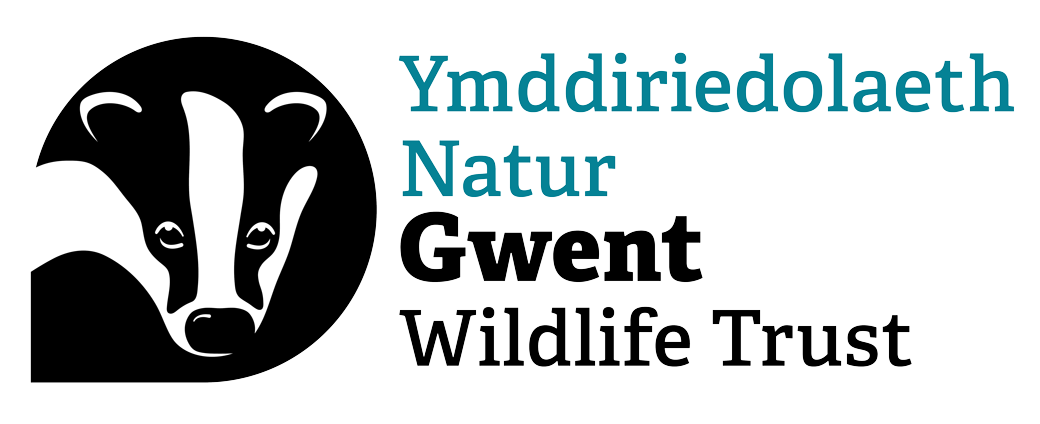When I was at planning school (admittedly many, many years ago now!), the mantra drummed into us was “Plan, Monitor and Manage.” In this context, this should mean plan what Wales needs to do to attain its renewable energy targets, monitor what that would mean to Wales's wildlife, and manage likely impacts on wildlife, by directing renewable energy projects to non-damaging locations, on a Wales-wide basis.
By contrast, the Welsh Government, in only declaring a tiny fraction of Wales definitively out of bounds for renewable energy developments, has created a situation where it was inevitable that the Levels SSSIs - far from being treated as the jewels in Wales's nature crown that they are - are being actively targeted by the developers for renewable energy power stations!
The main reasons for this are that, unlike the rest of Wales, there is surplus grid capacity in the vicinity due to the winding down of the Llanwern Steelworks, and secondly because the Levels fall into that belt of Wales with the best solar energy resource.
We don't think that these technical issues are reason enough to destroy the biodiversity of the Levels, and we continue to remind the Welsh Government that it has declared both the climate and biodiversity emergencies.
In fact, the binary choice of “Climate versus Biodiversity” on the Levels is itself an oversimplification. The Gwent Levels, if appropriately managed, could be an enormous carbon sink, as well as providing climate change adaptation through its potential flood storage capacity. Ironically, putting hundreds of thousands of glass panels on it would actually damage its climate change mitigation and adaptation roles, thus exacerbating climate change as it affects Wales and the world.
No one is more conscious than us at GWT, of the need to combat climate change. But we cannot sacrifice our nationally important wildlife in an unco-ordinated dash for solar power stations everywhere and anywhere throughout Wales, scatter-gunning projects the length and breadth of the country regardless of the consequences to our wildlife.
In this era of sustainable development, we are all challenged to seek imaginative solutions to the old binary conflicts of “Jobs versus the Environment” or “Transport versus the Environment”. The designation of the Gwent Levels by the Welsh Government as one of only six National Natural Resource Management Areas (NNRMAs), and the first one out of the blocks, challenges us all to showcase what we can do to protect and enhance our precious nature and at the same time combat climate change.
Let's all work together to make this a reality for the Gwent Levels SSSI.

